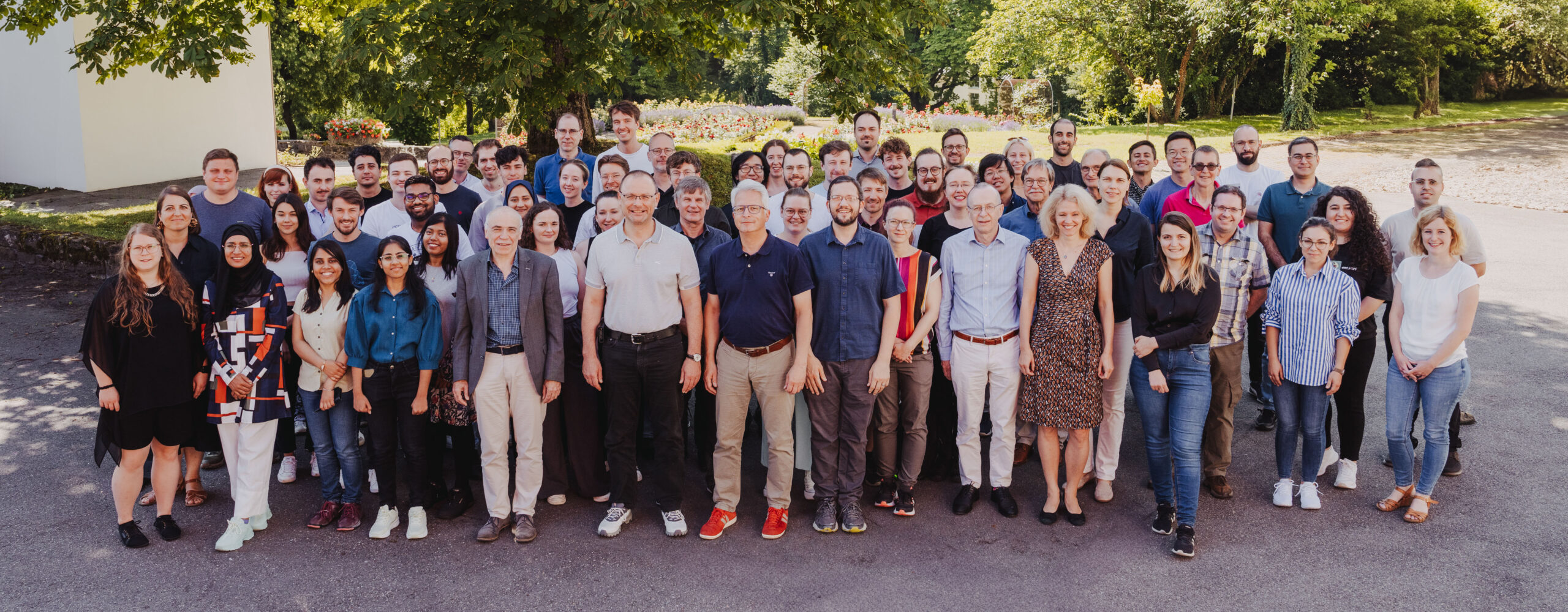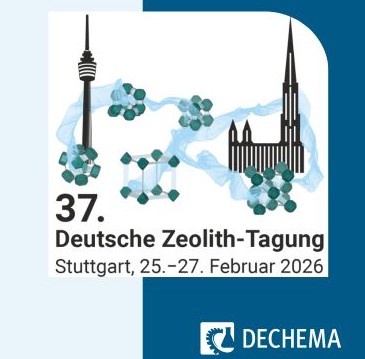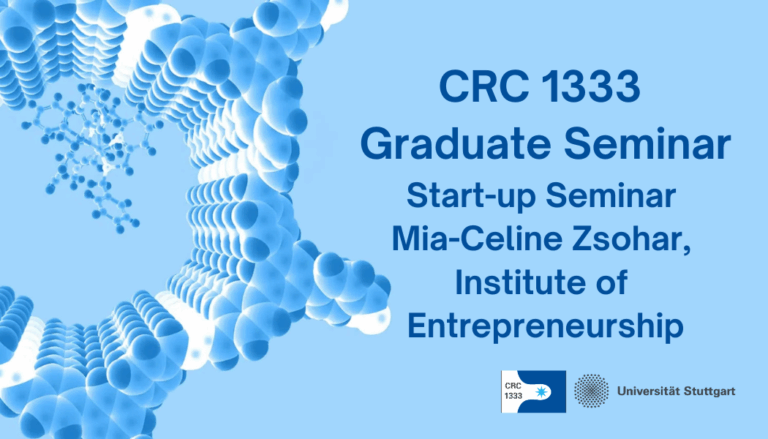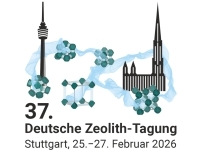Catalysis under Confinement
CRC 1333 bridges the gap between homogeneous and heterogeneous catalysis using confined molecular environments.
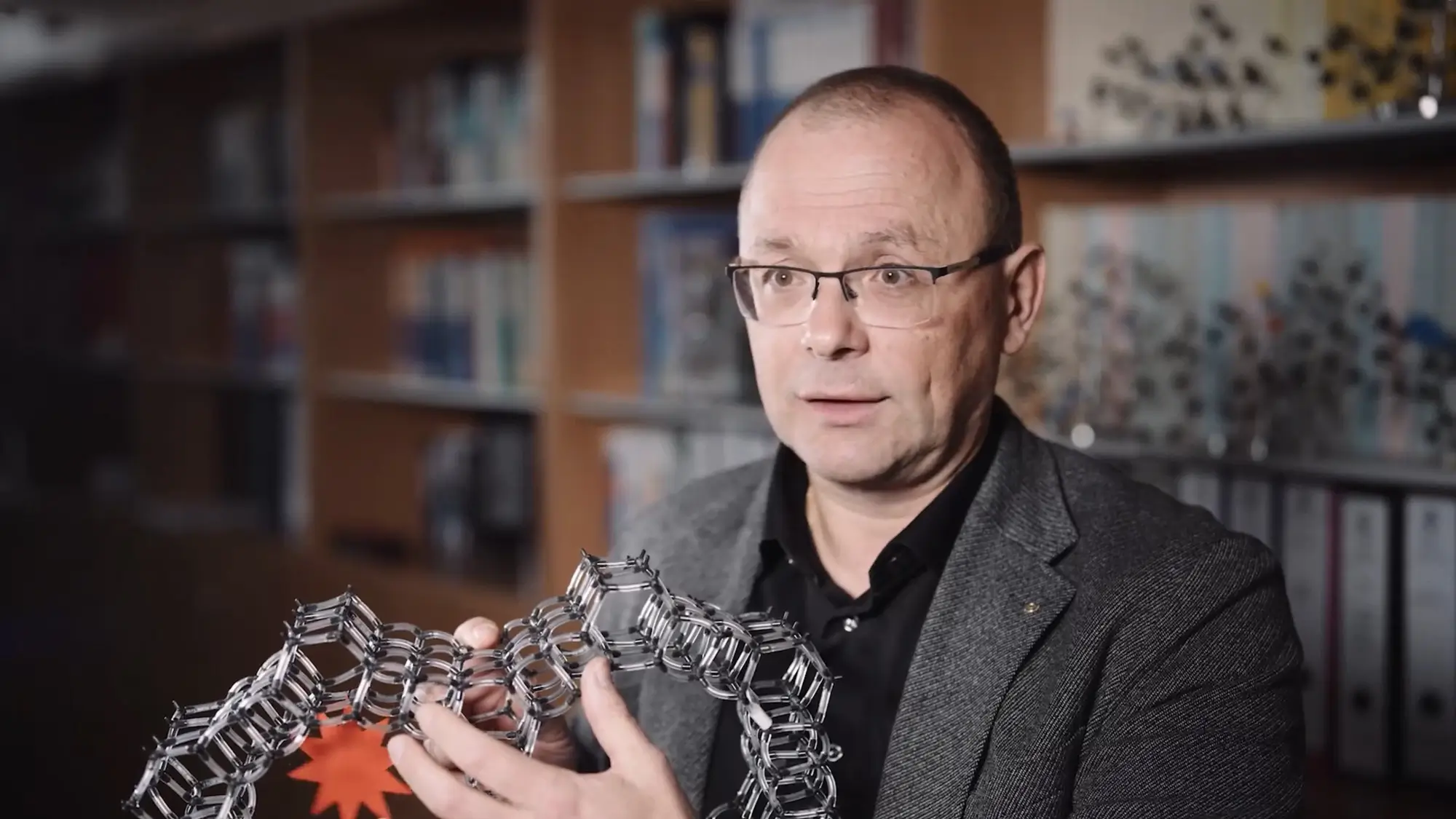
Upcoming events
Background and Goals
In view of dwindling resources and increasing environmental restrictions it is crucial that chemical production processes, including catalytic ones, offer optimum results. Facing this challenge, our CRC targets the rational development of heterogenized molecular catalyst systems, which are conceptually derived from enzymatic biocatalysts.
Biocatalysts use 3D confined geometries of defined size, polarity (gradients) and tortuosity to accomplish the reaction of interest.
Our goal is to…
- analyze and quantify how specific pore properties influence e.g. reactivity and diffusivity and which are the underlying mechanisms.
- acquire the fundamental understanding of how confinement can synergistically support catalytic reactions within small mesopores
- exploit the confinement effects for the rational development of molecular, heterogenized catalyst systems with improved reactivity and selectivity.
Approach
To realize these goals, we create catalyst-support hybrids with organometallic or organic catalysts selectively anchored within mesopores (2 ≤ d(pore) ≤ 20 nm) of defined size, shape and polarity.
Thereby we create tailor-made confined geometries around the catalysts. The influence of this confinement on catalytic activity will be systematically tested and performance will be compared to that of the homogeneous analogue.
Careful analysis of the catalyst-support hybrids and simulation of the catalytic processes in the pores will give insights into how pore properties influence catalyst performance. This will ultimately pave the way to rational improvement of catalyst performance using confinement effects.
